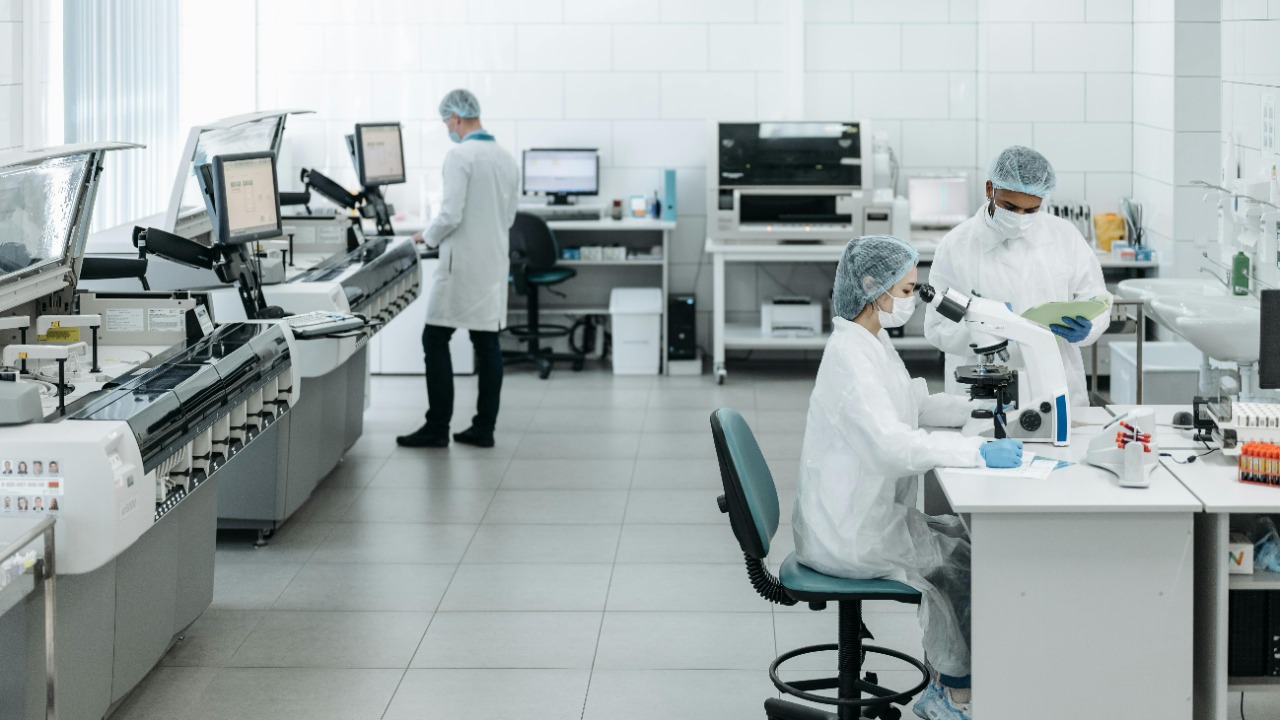
Revolutionary breakthroughs are transforming the process of converting carbon dioxide (CO2) into clean fuels. Cutting-edge technology now enables this conversion to take place in mere minutes, significantly reducing production times. Moreover, the production of green methanol, a sustainable alternative to fossil fuels, is becoming more cost-effective. Additionally, scientists have discovered methods to convert CO2 into a stable powder form, providing a solution for long-term carbon management.
Advancements in Rapid CO2-to-Fuel Conversion
Recent advancements in technology have led to a significant acceleration in the transformation of CO2 into usable fuel. This is achieved through the use of innovative catalysts, which have reduced the reaction time from hours to mere minutes. This new tech not only increases yield rates but also requires less energy input, making it a viable option for industrial scaling.
Real-world testing of prototypes has shown that these speed improvements can significantly lower operational costs without compromising the quality of the fuel produced. This rapid conversion process could potentially revolutionize the clean fuel industry by making production more efficient and cost-effective.
Producing Affordable Green Methanol from CO2
A startup has developed a process for turning CO2 into affordable green methanol. By focusing on electrolysis and integrating renewable energy sources, the company has managed to minimize expenses. This innovative approach has led to significant reductions in raw material and production costs, positioning green methanol as a competitive alternative to traditional fuels.
Green methanol has potential applications in transportation and chemicals, where it can serve as a drop-in replacement for fossil-based versions. The affordability of this green methanol could potentially drive its widespread adoption, leading to a significant reduction in carbon emissions.
Key Catalysts Driving Faster and Cheaper Processes
Advanced catalysts play a crucial role in turning CO2 into clean fuel faster and cheaper. For instance, metal-organic frameworks enhance selectivity and speed, as reported by ScienceDaily. These catalysts also reduce dependency on rare earth elements, thereby cutting costs and improving sustainability.
Lab results have shown that these catalysts can lead to up to 50% faster reaction rates compared to prior methods. This significant improvement in speed could potentially revolutionize the clean fuel industry by making production more efficient and cost-effective.
Long-Term Storage Solutions for Converted CO2
Scientists have discovered a method to convert CO2 into a powder form via mineralization. This powder can be stored safely for decades in compact volumes, providing a solution for long-term carbon management. According to Scientific American, the powder remains stable under various environmental conditions, preventing re-release and supporting carbon sequestration goals.
This stored powder can also be reactivated for on-demand fuel generation. This innovative approach not only provides a solution for long-term carbon storage but also offers a potential source of clean fuel.
Overcoming Barriers to Commercialization
While these advancements in CO2 conversion technology are promising, there are still challenges to overcome for large-scale deployment. Infrastructure needs for rapid CO2 fuel tech and economic hurdles for affordable green methanol production need to be addressed.
Policy incentives could potentially help recover initial investments in these technologies. Additionally, regulatory and safety considerations need to be taken into account for the widespread adoption of these CO2-derived fuels.
Environmental and Economic Impacts
The potential environmental and economic impacts of these advancements in CO2 conversion technology are significant. Faster clean fuel production could lead to gigaton-scale reductions in CO2 emissions in the coming decades, as reported by ScienceDaily.
The affordability of green methanol could drive job creation and market shifts in the renewable energy sector. Moreover, the long-term storage of CO2 in powder form could contribute to global energy transition efforts and help achieve net-zero targets.
More from MorningOverview